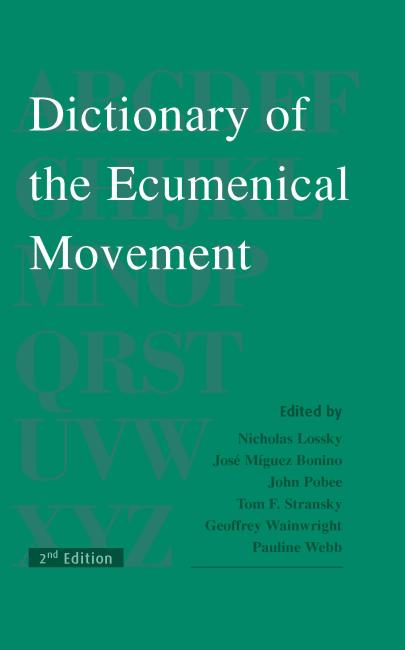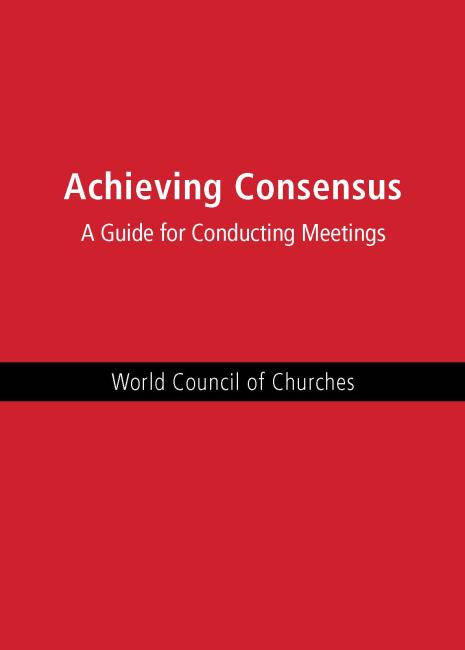Explorations on Global Christianity and Ecclesiology, Faith and Order Paper 234
As a part of the reception process of the convergence document The Church: Towards a Common Vision (TCTCV), the ecclesiology study group of the WCC Commission on Faith and Order undertook a wide range of conversations on global Christianity and ecclesiology. This included perspectives from various regions (especially Asia, Africa, and Latin America), denominational families (such as evangelical, Pentecostal, Charismatic, and independent churches), and forms of being church (such as ecclesial movements, new forms of monasticism, and online churches) which have not always been clearly or strongly represented in the discussions on the way to TCTCV.
This first of two volumes offers a taste of the insights, contributions, lively dialogue, diverse perspectives, and mutual exchange of ecumenical gifts between the members of the commission and theologians from around the world, which took place through a series of international consultations between 2015-22.
The fruit of this work is offered with the hope that it will contribute towards a clearer, global vision of the Church in the 21st century.
14 November 2022





